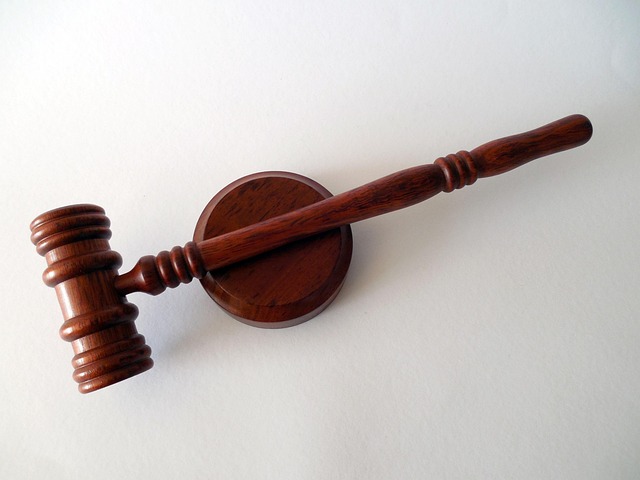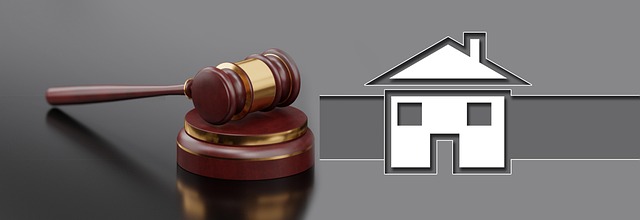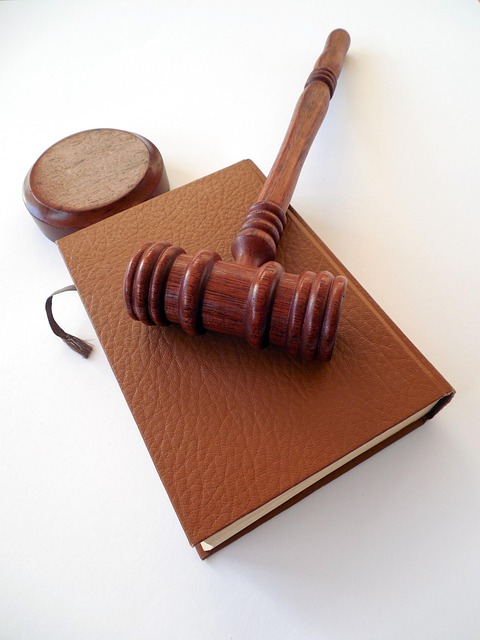Consumer protection laws safeguard fairness in markets, covering product safety, advertising, and pricing. In workplace rights cases, understanding violations like discrimination, harassment, and unsafe conditions is key. Employers should take proactive measures to avoid legal issues, while consumers have recourse when rights are violated. Successful consumer protection suits have secured justice, with notable examples including product quality misrepresentation and workplace rights violations, leading to substantial refunds, improved policies, and enhanced accountability across industries.
Consumer protection suits play a vital role in safeguarding individuals from unfair business practices. Understanding consumer protection laws is crucial for recognizing potential violations, such as common workplace rights infringements. This article delves into the intricacies of filing suits, highlighting successful cases and outcomes. From misrepresented products to discriminatory employment practices, we explore Examples of Workplace Rights Violations and the legal avenues available to consumers, empowering them with knowledge to protect their rights.
- Understanding Consumer Protection Laws
- Common Workplace Rights Violations
- Filing a Consumer Protection Suit
- Examples of Successful Cases & Outcomes
Understanding Consumer Protection Laws
Consumer protection laws are designed to safeguard individuals from unfair business practices and ensure a level playing field in the marketplace. These laws cover a wide range of issues, including product safety, advertising claims, pricing transparency, and more. Understanding these regulations is essential for both consumers and businesses alike. By knowing their rights and responsibilities, consumers can make informed decisions and hold companies accountable for any violations.
For instance, workplace rights violations often fall under the consumer protection umbrella. This includes instances of false advertising, where a company misrepresents the qualities or characteristics of its products or services. Additionally, unfair pricing strategies, such as deceptive pricing or hidden fees, are also addressed. High-stakes cases involving corporate and individual clients highlight the importance of robust legal defenses in protecting consumer rights, often leading to winning challenging defense verdicts.
Common Workplace Rights Violations
In the realm of consumer protection suits, understanding common workplace rights violations is paramount for both employees and employers alike. Examples of workplace rights violations span across a range of issues, including unfair labor practices, discrimination, harassment, and non-compliance with safety regulations. These violations can manifest in various forms, such as unequal pay, refusal to provide reasonable accommodations, hostile work environments, or failure to ensure a safe workplace.
Avoiding indictment in such cases often requires employers to be proactive in implementing robust policies and training programs that promote fairness, diversity, and safety. A general criminal defense strategy may include addressing these violations proactively, documenting all relevant policies and procedures, and ensuring compliance with labor laws. The ultimate goal is a complete dismissal of all charges by demonstrating a genuine commitment to upholding workplace rights and creating an environment where employees feel valued, respected, and safe.
Filing a Consumer Protection Suit
When consumers feel their rights have been violated, they can take legal action by filing a consumer protection suit. This process involves understanding the specific laws that protect them and gathering evidence to support their case. Consumer protection laws vary by jurisdiction but generally aim to safeguard individuals from deceptive or unfair practices in transactions involving goods or services.
For instance, consumers may file suits for Examples of Workplace Rights Violations, such as discrimination, harassment, or wrongful termination, where businesses have failed to uphold ethical standards. While general criminal defense strategies might apply, focusing on the unique aspects of consumer protection is crucial. Avoiding indictment and emphasizing the philanthropic and political communities’ roles in upholding these rights can be a powerful approach.
Examples of Successful Cases & Outcomes
In the realm of consumer protection suits, successful cases have set precedents and ensured justice for victims of corporate and individual rights violations. One notable example involves a class-action lawsuit against a major retail chain for misrepresenting product quality, leading to significant refunds and improved transparency policies for all respective business entities. This outcome not only compensated affected consumers but also served as a warning to companies engaging in such practices.
Another compelling case focused on workplace rights violations, where employees united to fight against unfair labor practices. The collective action resulted in a settlement that included back pay, improved working conditions, and enhanced job security for the corporate clients involved. This victory highlighted the power of individual actions and set a precedent for avoiding indictment in future cases of systemic abuse, fostering a culture of accountability and fairness across industries.
Consumer protection suits play a vital role in safeguarding individuals from unfair practices, especially in the workplace. By understanding the laws and knowing their rights, consumers can hold businesses accountable for violations like misrepresentations, false advertising, or even discriminatory hiring practices—all examples of common workplace rights violations. Success in these cases not only compensates victims but also serves as a powerful deterrent, ensuring businesses adhere to ethical standards.






